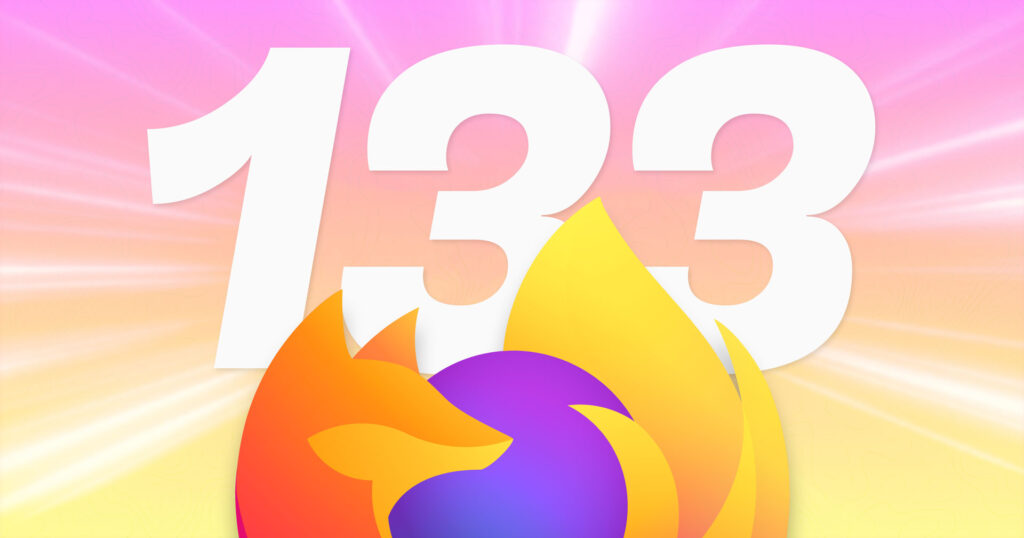
Firefox 133 Introduces Bounce Tracking Protection and Critical Updates for Privacy and Security
The release of Firefox 133 brings significant advancements in privacy and security, with a standout feature being the new Bounce Tracking Protection. This anti-tracking tool enhances user privacy by detecting bounce trackers—redirects designed to bypass traditional anti-tracking systems. It periodically deletes cookies and website data associated with such trackers. However, users must enable strict mode in Settings > Privacy & security > Enhanced Tracking Protection to benefit from this feature.
From a performance standpoint, GPU-accelerated Canvas2D is now enabled by default for Windows users, promising smoother rendering of text, images, and graphics. This enhancement complements the existing WebGL API, further boosting visual performance for web-based applications.
Mozilla’s security report 2024-63 highlights 17 fixed vulnerabilities in Firefox 133, with two rated as high risk. The first, CVE-2024-11691, affects Apple Silicon-based Macs, where certain WebGL operations could lead to exploitable memory errors. The second, CVE-2024-11699, involves internally discovered vulnerabilities with the potential for arbitrary code execution. Other medium-risk vulnerabilities primarily affect Android users, showcasing Mozilla’s broad commitment to platform-specific security improvements.
Updates for Firefox ESR, Tor Browser, and Thunderbird
Mozilla has also rolled out updates for its extended support releases (ESR) and related applications. Firefox ESR 128.5.0 addresses nine vulnerabilities, while ESR 115.18.0 fixes two. The Tor Browser, which builds on Firefox ESR 128.5.0, has integrated additional security enhancements from Firefox 133, with updates available for versions 14.0.3 and 13.5.10 to support older operating systems like Windows 7/8.1 and macOS 10.13/10.14.
The updated Thunderbird 128.5.0esr resolves nine vulnerabilities and introduces bug fixes. However, support for older operating systems ends with Thunderbird 115.16.2, while the experimental Thunderbird 133 remains available for testing. Notably, Thunderbird has expanded its platform presence with the official launch of Thunderbird for Android 8.0, now available on Google Play.
Mozilla has confirmed that the next Firefox release, Firefox 134, is scheduled for early January 2025, ensuring a steady cadence of updates to enhance functionality and security.




